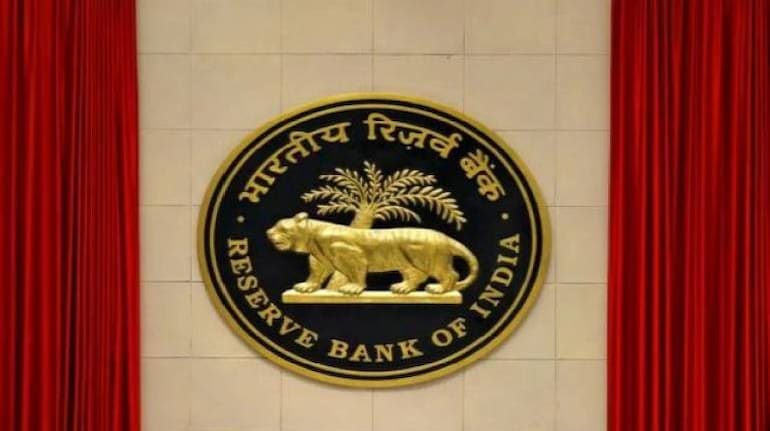



The Reserve Bank of India on June 4 left interest rates unchanged at a record low, a move that is expected to help homebuyers as well as the real estate sector.
Announcing the outcome of the bi-monthly policy review, RBI governor Shaktikanta Das said the monetary policy committee held MPC the repo rate at 4 percent and reverse repo rate at 3.35 percent.
Unchanged rates mean that home loans won't get expensive and buyers can continue to take advantage of the prevailing low rates, which is also expected to sustain demand.
“It is certainly positive for home-loan borrowers as the floating retail loan rates (which are directly linked to external benchmark repo rates) have been at the lowest level of the last two decades,” said Anuj Puri, Chairman, ANAROCK Property Consultants.
The continuation of the low-interest rate regime would work well for all borrowers as the high affordability environment was likely to continue for some more time, he said.
The policy stance was a logical step to support the actual GDP growth of 1.6 percent that was reflected in Q4 FY 2020-21, economists said. However, growth was likely to be hit by the after-effects of the second COVID wave, which has battered the country.
“Recovery in residential real estate that was witnessed during January-March 2021 quarter was impacted by the lockdowns introduced to control the pandemic resurgence. Though the competitive mortgage rates are expected to provide long-term support for sustained growth of real estate, overall economic recovery leading to job and income growth will be contributing factors for housing demand," said Samantak Das, chief economist and Head of Research & REIS (India).
The Reserve Bank has revised downward the economic growth forecast for the financial year 2021-22 to 9.5 percent from 10.5 percent.
"We believe that low home loan interest rates, realistic property pricing, the focus of developers on project completion and economic recovery will take the residential sales in all likelihood to better levels than 2020,” he said.
For an investor, it was a great opportunity and for the end-customer, a good time to buy. Going forward, “we would also like to see reduction in stamp duty and registration charges to push demand further in the real estate sector that forms the backbone of several other sectors”, said Lincoln Bennet Rodrigues, founder and chairman, Bennet & Bernard Group, known for luxury holiday homes in Goa.
Also read | RBI Monetary Policy: CPI inflation projection rate at 5.1 percent for 2021-22
Unchanged rated were a big positive and for a homebuyer, interest rates on loans would continue to remain at a historic low, said Amit Goyal, CEO, India Sotheby's International Realty.
The problems for the real estate sector had aggravated due to the considerable increase in the cost of raw materials such as steel and cement, said builders. They welcomed unchanged repo rate, the interest at which the RBI lends to the banks, but said measured were needed to encourage homebuyers who were spooked by uncertainty.
“These set of buyers are apprehensive in coming ahead and have instead chosen to wait to buy a home. There is a need for stimulant policy measures that would enhance liquidity for the sector, ease credit provisions and increases buyers’ confidence,” said Surendra Hiranandani, chairman and Managing Director, House of Hiranandani.
Discover the latest Business News, Sensex, and Nifty updates. Obtain Personal Finance insights, tax queries, and expert opinions on Moneycontrol or download the Moneycontrol App to stay updated!
Find the best of Al News in one place, specially curated for you every weekend.
Stay on top of the latest tech trends and biggest startup news.